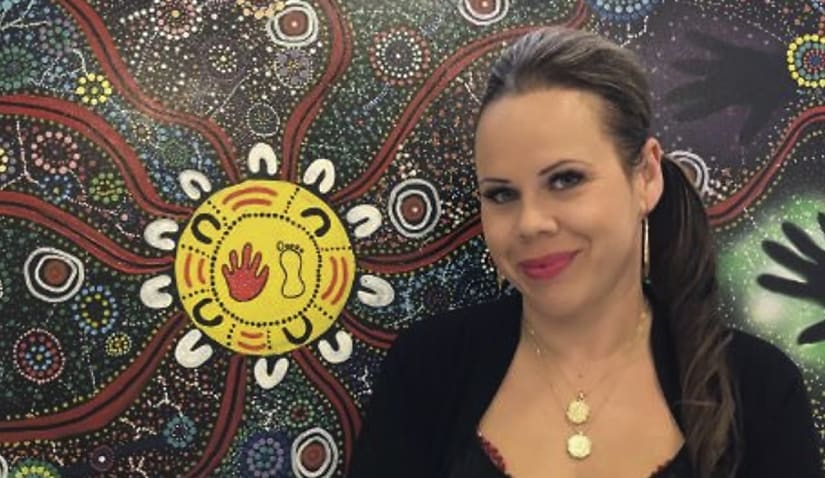Self-determination, lived experience, culture, healing and community connection must be at the heart of how criminal justice solutions are created for Indigenous Australians, a new report finds.

The newly released Churchill Fellowship report explores community-led responses and innovative approaches to combat the over-representation of First Nations people in the Australian criminal justice system.
Ms Stanley is now bringing her observations back to Australia and advocating for changes in the way our justice system treats First Nations people.
“Too often, the perspectives and experiences of justice-involved and justice-impacted peoples are excluded from the design and implementation of responses intended to address rates of incarceration and the systemic drivers that put people at risk of involvement,” Ms Stanley stated in the report’s introduction.
Top-down responses have been marked by imposed colonial systems, control, incarceration, exclusion and re-traumatisation — they have failed to deliver meaningful change, and often compound trauma, Ms Stanley highlighted.
“We know that First Nations people of Australia are grossly over-represented in the child protection and justice systems,” Ms Stanley explained. “This involvement perpetuates a cycle of intergenerational grief, loss, trauma and disadvantage.”
Ms Stanley believes that changing the cycle of disadvantage, trauma and justice impact starts with funding community-led initiatives to put justice-impacted and justice-involved First Nations people at the centre of the solution.
Her new report explores knowledge gathered from organisations overseas and how it is transferable to the Australian justice system.
Ms Stanley details well-developed and pioneering community-led responses to overseas justice systems and identifies emergent key themes, supported by academic publications.
The report details the benefits of early intervention and emphasises the importance of prevention and diversion to reduce the number of First Nations people in Australia entering the justice system.
“Through self-determination and systemic changes, we can disrupt cycles of intergenerational trauma, oppression and poverty and thereby eliminate the numbers of our community in the child protection and justice systems,” Ms Stanley explained.
Adam Davey, chief executive of the Winston Churchill Trust, welcomed Ms Stanley’s report: “I encourage Australian jurisdictions at both the state and federal level to take on board and implement Carly’s learnings and recommendations.”
“True lived experience, culture, healing, self-determination and a deep community connection must be the heart and soul of all work with First Nations people and communities,” Ms Stanley stated.
Ms Stanley’s fellowship, and the report, reflect a common wish from Indigenous peoples that those in charge of creating solutions “don’t talk about us without us”.